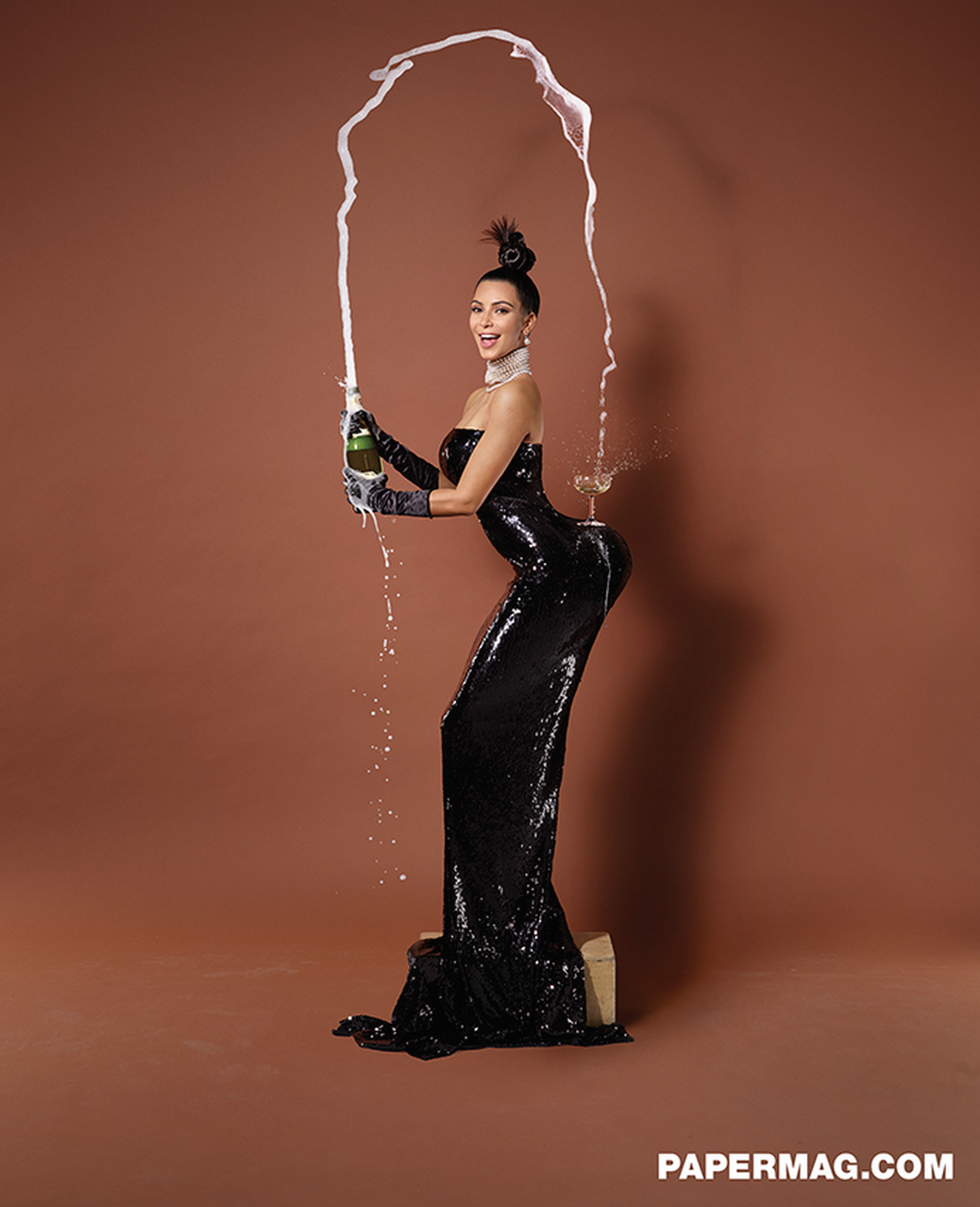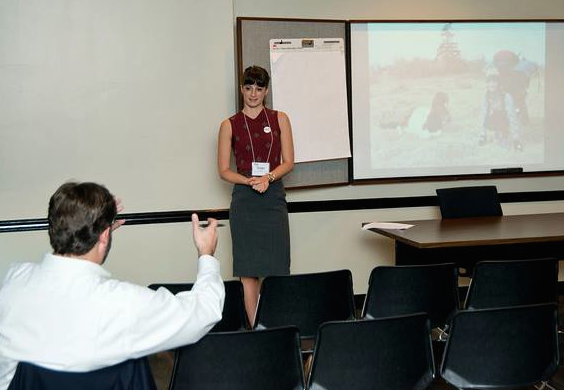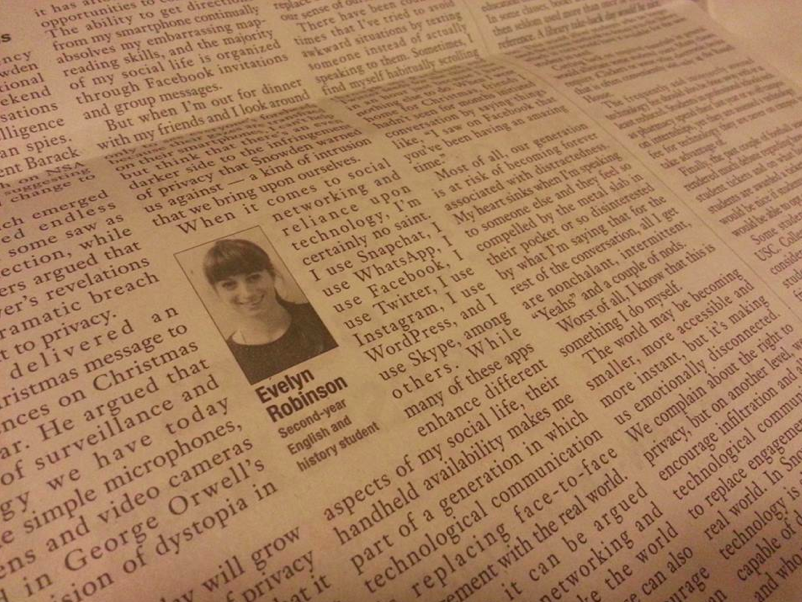The naked pictures may not have broken the internet, but they have proven a point about the extent to which the female body has become a digital commodity
Kim Kardashian’s hyper-sexualised naked body is this week’s internet ballyhoo. Her greased behind, paraded by Paper Magazine as the photoshoot to ‘break the internet’, has been glistening in every dark corner of cyberspace. Instagram, Pinterest, Twitter, Facebook, WordPress- you name it- internet users have been unable to turn a corner without being visually confronted by Kim K in the raw.
As with all nude internet sensations, the photos have sparked a furore of polarising debates. Aside from Kim’s robot fans who have applauded her with automatic adoration, humans with brains have raised a variety of issues with the photos, from the representation of her naked body: completely hairless and oiled up, the backlash against her being a sexualised mother, the way in which a female body in and of itself can create superstardom, and the racial undertones to the images.
Some may well defend the photos as female empowerment- ‘women are entitled to do what they want’, or as just another unsurprising day in the internet world- ‘women get naked on the internet all the time, what’s the big deal?’
Fair play. Just last week, Kiera Knightley got her breasts out for a photo-shoot and comedian Tig Notaro performed an entire set, topless. Sadly, as an internet user of the 21st century, the persistent appearance of women’s bodies in the media has rendered me desensitised to seeing them at regular intervals throughout my day, whether I like it or not.
But the difference between Kiera and Kim is that they’re standing at opposite ends of the internet battlefield. While Kiera posed topless on the condition that she wasn’t photo-shopped, making a point about the great variety of women’s natural body shapes, Kim went nude to break the internet. Bravo. As ever, she wasn’t trying to convey anything inspiring or profound. At most, the photos are a continuation of Jean-Paul Goude’s trademark ‘art’ that sexualises the black female body. At least, they’re a sensational attempt to generate an infamous media reputation. Gossip= clicks, and clicks = money.
The photos are standing in a long line of recent internet battles over women’s bodies. The leaked nude photo scandal brought issues of authorisation and consent under the spotlight. Calvin Klein’s size 10 model begged the question, ‘Which size is plus size?’, and Victoria’s Secret’s ‘Perfect Body’ campaign sparked a torrent of bullets against the promotion of one limiting archetype of the female body. 
Whether each of these debates have been settled in a positive or negative light- or not at all- the sheer frequency and ferocity with which women’s bodies are being verbally attacked, defended and dissected on the internet demonstrates the disheartening reality that the internet has fast become a battleground for the female form. Women’s bodies are being pushed back and forth in internet spats, as lifeless pawns to be claimed or defended like territory. They’re hostage to cyberspace whether the women behind the bodies like it or not.
I might be a dreamer, but I look forward to the dawn of web utopia: the day that women’s naked bodies aren’t plastered so freely all over the internet. But if they are, the best possible public response will be one of complete and utter indifference. That’s the day we’ll know that women’s bodies have ceased to become the hotly contested benchmark against which we measure the value of women themselves.
In this sense, Kim’s photos are nothing new, just another battle amid a war that’s already raging.
What continues to bother me about the photos is that they edge closer to achieving their lurid goal of ‘breaking the internet’ every time they get talked about- praise or no praise.
So please, can we stop liking, sharing and talking about Kim Kardashian’s body and use the internet for something a little more worth our time? Quick, somebody grab an iPhone and pass me the ice bucket.








